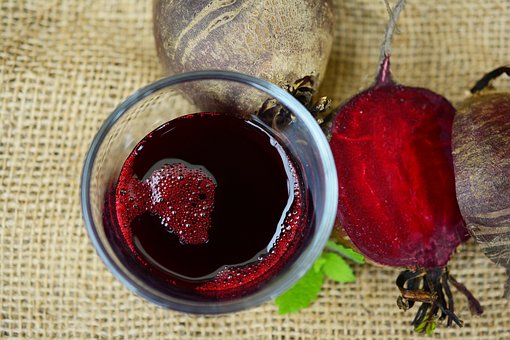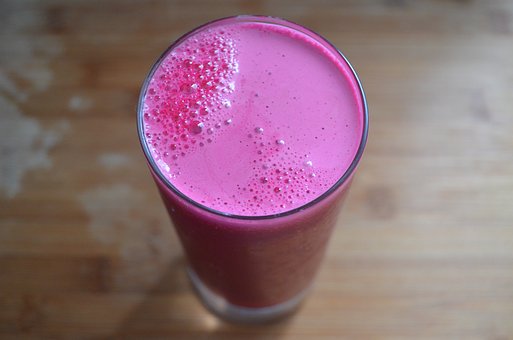Beet juice is a popular beverage that is made from the root of the beet plant. It is known for its deep red color and earthy taste, and is often consumed for its potential health benefits. In this article, we will explore the nutritional value of beet juice and whether or not it is healthy for you.
First, let’s look at the nutritional value of beet juice. Beets are an excellent source of several important vitamins and minerals, including:
Vitamin C: This is an antioxidant that helps to protect the body from damage caused by free radicals.
Folate: This is a B vitamin that is important for the development of red blood cells and the prevention of birth defects.
Manganese: This is a mineral that is important for the formation of bones and the metabolism of carbohydrates and amino acids.
Potassium: This is a mineral that is important for maintaining proper fluid balance in the body and supporting the function of the heart and muscles.
Iron: This is a mineral that is important for the production of red blood cells and the transport of oxygen throughout the body.
In addition to these vitamins and minerals, beet juice also contains a variety of other beneficial compounds, such as betalains and nitrates. Betalains are pigments that give beets their deep red color and have been shown to have antioxidant and anti-inflammatory properties. Nitrates are compounds that are converted to nitric oxide in the body, which helps to relax and dilate blood vessels, which can improve blood flow and lower blood pressure.
So, is beet juice healthy for you? The short answer is yes. The vitamins, minerals, and other beneficial compounds found in beet juice can help to support overall health and well-being. Some of the potential health benefits of beet juice include:
Lowering blood pressure: The nitrates in beet juice can help to relax and dilate blood vessels, which can lower blood pressure and reduce the risk of cardiovascular disease.
Improving athletic performance: The nitrates in beet juice can also help to improve blood flow and increase the efficiency of oxygen use in the body, which can enhance athletic performance.
Supporting liver health: Beets contain a compound called betaine, which has been shown to support liver function and protect against liver damage.
Reducing inflammation: The betalains and other antioxidants in beet juice can help to reduce inflammation throughout the body, which can help to protect against chronic diseases such as cancer and heart disease.
Supporting brain health: The nitrates in beet juice can also help to improve blood flow to the brain, which can enhance cognitive function and protect against age-related cognitive decline.
While beet juice can be a healthy addition to your diet, it’s important to keep in mind that it is not a magic cure-all. Drinking too much beet juice can lead to side effects such as kidney stones or gastrointestinal upset. Additionally, beet juice can be high in sugar, so it’s important to consume it in moderation.
In conclusion, beet juice is a nutritious and healthy beverage that offers a variety of potential health benefits. It’s a good source of vitamins, minerals, and beneficial compounds such as betalains and nitrates. However, it’s important to consume it in moderation, as excessive consumption can cause side effects. Incorporating beet juice into a healthy diet along with other nutrient-dense foods can help to support overall health and well-being.

 Home
Home Health
Health Diet & Nutrition
Diet & Nutrition Living Well
Living Well More
More












